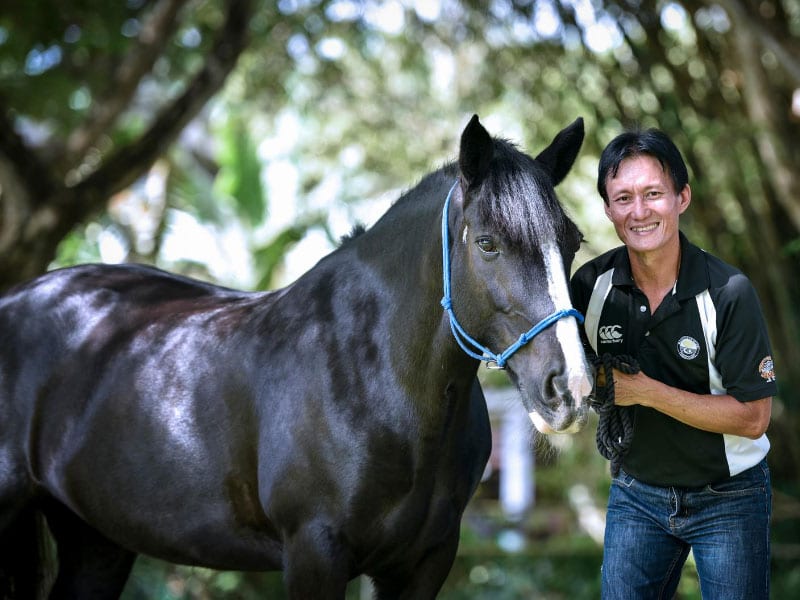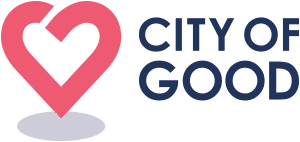With Covid-19 significantly affecting public volunteerism, there is an urgent need to think outside the box to contribute more than just cash to charities in Singapore.
These days, while we navigate social affairs with a five-person limit during this pandemic, there are many among us who are unfortunately still starved of human interaction.
Community-related charities, often responsible for addressing the holistic needs of their beneficiaries, rely on volunteers to befriend beneficiaries or share their skills to address their needs.
Before circuit breaker, it was all too easy for anyone to spare a day or two in a year distributing food to the hungry, or spending an afternoon with the elderly in a home. Volunteerism was easy come, easy go.
While safety measures today have forced charities to cancel or rethink their volunteer engagement activities, the reality is that community care is not about one-off projects that can be done in a day and checked off a to-do list.
It requires the sustained efforts of full-time social workers in collaboration with committed volunteers who are dedicated to learn about a charity, its ways of working and how best to give of themselves to address the needs of those in their care.
Making sure no one is left behind

When Habitat for Humanity Singapore suspended their volunteering activities, it resulted in fewer houses being served. Through their programme, Project HomeWorks, Habitat eliminates poverty housing conditions and provides decent living conditions for those in need. “Our programmes are driven by volunteer manpower,” said Ms Laura Philomin, resource development senior executive of Habitat for Humanity Singapore. “The suspension of all volunteering activities means fewer houses being served.”
With a drop in corporate volunteer engagements, Habitat, like many other charities, experienced a severe decline in donations. “There is an increasing reliance on online fundraising campaigns to cushion the blow and fund our Project Homeworks programme to serve the elderly & low-income families in need of clean and safe homes,” Ms Philomin adds.
It is prudent then for Habitat to look for specialised volunteers now more than ever. They seek support in finding regular Project HomeWorks volunteers, those who can organise online fundraising campaigns, and in creating content to share their work through stories to galvanise more community support.
Using our skills in volunteerism
For RDA Singapore, which specialises in free therapeutic horseback riding, also known as hippotherapy, increased safety measures resulted in the reduction of therapy sessions. It became increasingly challenging to serve the needs of people with disabilities.

Volunteers play a big role in handling horses and caring for clients. They are trained by Mr Hazrin Chong Abdullah, riding instructor with RDA Singapore. Mr Hazrin was a competitive horse rider for almost 20 years and a professional equestrian coach prior to his time with RDA. While he has turned his professional love into a social cause, there are challenges in working with volunteers in a specialised area like this.
“Ninety per cent of the time, they have no experience being around horses, much less a child with special needs. Training is two-fold, and oftentimes a crash course. What takes months or years to learn is crammed in the space of a day or two, and real-life, in-session training.
“But this is the reality of our situation: we do the best we can and we appreciate everyone who walks through our doors offering us their time and themselves,” adds Mr Hazrin.

As each client undergoes at least 10 weeks of therapy sessions, RDA needs volunteers who can commit to volunteering on the same day and time weekly to journey with the client.
Not all volunteerism requires learning new skills. Charities like the Assisi Hospice have benefitted from corporate volunteerism. “We appreciate corporates and organisations which step forward to provide skills-based volunteerism,” said Ms Choo Shiu Ling, CEO, Assisi Hospice.
“For example, Havas Village Singapore, a communications company, supported Assisi Hospice in our digital campaign, I CAN (I Care for Assisi Nurses) to draw awareness on the importance of nurses providing palliative care to patients and their families.”

Befriending the people in our neighbourhoods
Not all volunteerism requires great learning or skill-sharing. One of the biggest psychosocial needs that still must be addressed is isolation and loneliness.
Prior to the Circuit Breaker, volunteers at Singapore Red Cross would visit vulnerable seniors bi-weekly and now resort to weekly phone calls. However, as we all have an inherent need for social interaction, “there were instances of seniors who would call our volunteers to express their loneliness,” said Mr Benjamin William, CEO/Secretary-General, Singapore Red Cross.
“Even though our volunteer befrienders’ hands were tied, they were able to leverage technology to circumvent the restrictions,” says Mr William. “One senior with a history of depression was particularly affected during this period. Our volunteers went to install Zoom for the senior so they could video call. They also celebrated another senior’s 100th birthday via Zoom since they could not visit in person.”
RSVP Singapore, dedicated to developing senior volunteers, has been exploring new ways of conducting volunteering activities that will meet social distancing requirements, said Tang Hui Qi, corporate partnership and fund development associate. Since the Circuit Breaker, RSVP have been conducting “tele-befriending” via Telegram and Zoom, “allowing our volunteers to continue engaging and mentoring the at-risk school children for our Mentoring programme.”
Aspiring volunteers can even take inspiration from the beneficiaries of charities. Daughters of Tomorrow, which supports underprivileged women in achieving financial independence, found the kampung spirit truly alive when their own beneficiaries started lending support to each other.
When Covid-19 hit, Ms Meldip Kaur, outreach and communications executive of Daughters of Tomorrow said the charity sent out a survey to all women in our database to find out their biggest needs. “Close to 300 responses came back and the top four urgent needs cited were: food aid, help to understand government schemes and how to apply, help with children’s home-based learning and help in finding jobs.
“The resilience and spirit of our beneficiaries have been reassuring as they’ve not only been responsive in our outreach efforts but have also been actively lending support to each other during this crisis.”
It takes a village to help communities
“Donors and volunteers have also checked in to see how they could further support our efforts for the women,” added Ms Kaur of Daughters. “And we’ve had the opportunity to create more dialogues with community partners/ social service practitioners to explore how we can collaborate better to ensure stronger support for the women in our communities – it was wonderful to witness the kampong spirit which is hope in action.”
As we consider giving in this pandemic, there’s a need to think beyond the transactional donations of money, clothes, care packs and food. Every bit of help counts – whether your cause is helping those with disabilities or the underprivileged or the elderly. The channels of support are varied and far-reaching.
We just need to answer one thing: How can we give of ourselves through our own abilities, our skills and more importantly, as we think of the lonely and isolated, our time?
Catch our online fundraiser “The City of Good Show” which features the stars of Dream Academy. Episode 5 is in support of community charities such as the ones mentioned in the article above. Support these charities here: www.giving.sg/cityofgood/ep5
Photos by: Bryan van der Beek and Caroline Chia | Words by Stacey Rodrigues
In partnership with What Are You Doing SG, a platform capturing the stories of people in Singapore, their challenges, collaborative nature and problem-solving spirit.



















